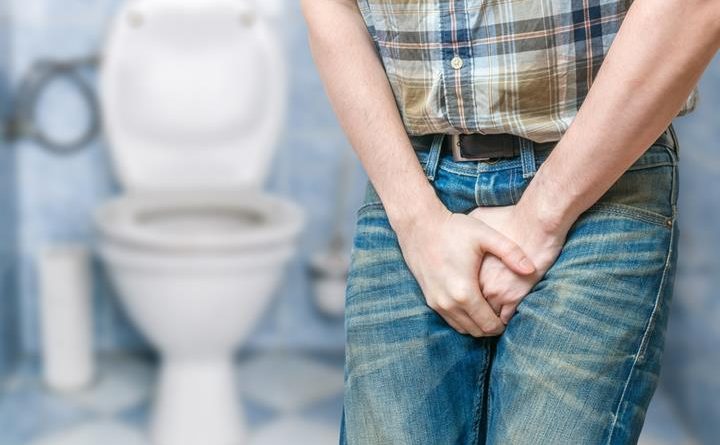Urinary incontinence is the involuntary leakage of urine. It is a very common and often embarrassing problem where a person loses control of the bladder. Its severity differs from the leaking of urine during an involuntary action like coughing or sneezing to having strong urges to pee, and not being able to make it to a washroom in time. Luckily there are solutions to help those suffering from this problem ranging from some lifestyle adjustments to medication prescribed by a doctor.
Symptoms
Types of urinary incontinence include
- Stress incontinence. This happens when urine leaks when you exert pressure on the bladder either by coughing, sneezing, laughing, exercising or even lifting heavy things.
- Urge incontinence. This occurs when someone has a sudden involuntary urge to pee that is followed by involuntary urination. One may feel the urge to urinate often including during the night. Urge incontinence may often be caused by an infection to the bladder, which is minor, but in severe cases may be caused by conditions like neurologic disorders or diabetes.
- Overflow incontinence. This is when someone experiences frequent dribbling of urine caused by a bladder that does not empty fully.
- Functional incontinence. This is mainly a physical or mental impairment that makes one fail to make it to the washroom in time. For example a person experiencing severe arthritis may be unable to unbutton their pants in time when they get to the washroom.
- Mixed incontinence. This is when a person experiences more than one type of urinary incontinence.
When should you see a doctor?
As uncomfortable and embarrassing as it may be discussing urinary incontinence with a doctor, but it is the best solution one has if the incontinence is frequent and affects day to day activities. It is also wise to visit a doctor because incontinence may be
- Indicative of a more serious underlying condition, say an infection.
- The reason behind restricting ones daily normal activities or limit ones social interactions.
· It may also increase the risk of falls in senior citizens as they rush to get to the washroom and beat the urge to urinate.
Featured Image: DepositPhotos/vchalup2
Posted on March 24, 2023


